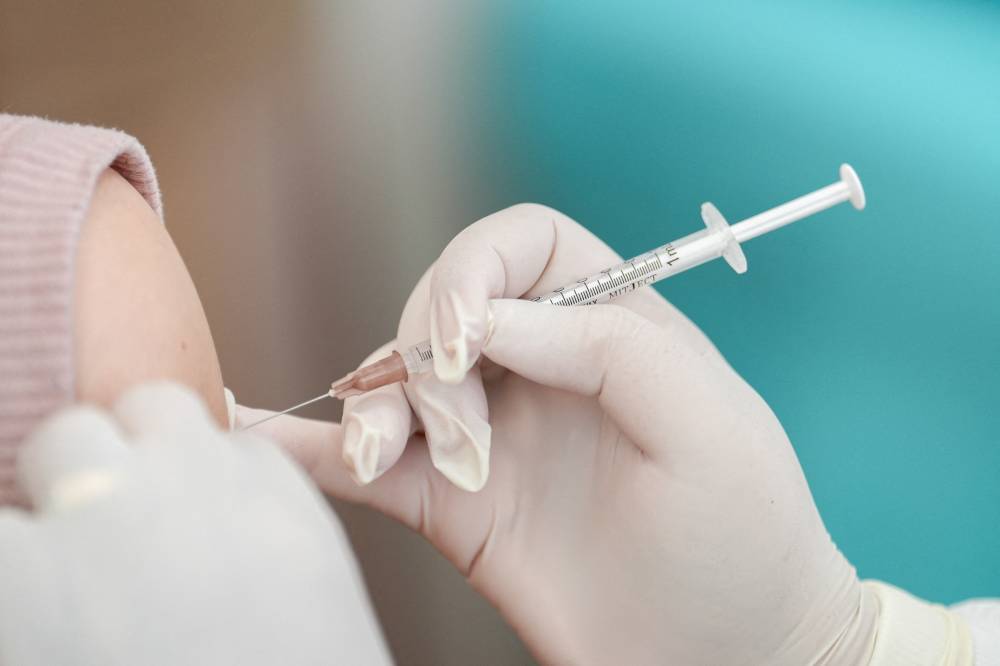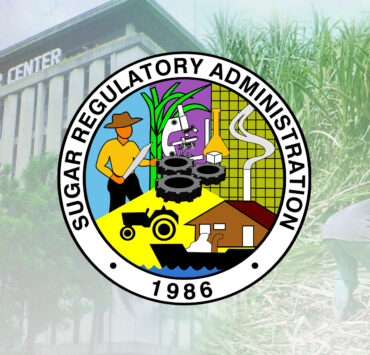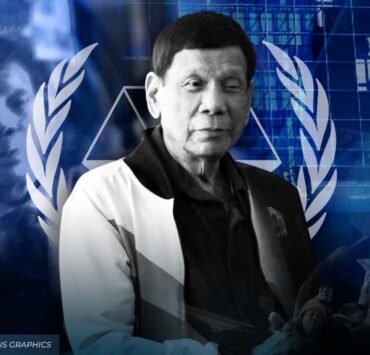WHO members adopt global pandemic accord but US absence casts doubts

GENEVA—Members of the World Health Organization (WHO) adopted an agreement on Tuesday to better prepare for future pandemics following the disjointed global response to COVID-19, but the absence of the United States cast doubt on the treaty’s effectiveness.
After three years of negotiations, the legally binding pact was adopted by the World Health Assembly in Geneva. WHO member countries welcomed its passing with applause.
The pact was touted as a victory for members of the global health agency at a time when multilateral organizations like the WHO have been battered by sharp cuts in US foreign funding.
“The agreement is a victory for public health, science and multilateral action. It will ensure we, collectively, can better protect the world from future pandemic threats,” said WHO Director General Tedros Adhanom Ghebreyesus.
For easier access
The pact would ensure that drugs, therapeutics and vaccines are globally accessible when the next pandemic hits. It requires participating manufacturers to allocate a target of 20 percent of their vaccines, medicines, and tests to the WHO during a pandemic to ensure poorer countries have access.
However, US negotiators left discussions about the accord after President Donald Trump began a 12-month process of withdrawing the US—by far the WHO’s largest financial backer—from the agency when he took office in January.
Given this, the US, which poured billions of dollars into vaccine development during the COVID pandemic, would not be bound by the pact. And WHO member states would not face penalties if they fail to implement it.
Late challenge
The deal was reached after Slovakia called for a vote on Monday, as its COVID-19 vaccine skeptic prime minister demanded that his country challenge the adoption of the agreement.
One hundred and twenty-four countries voted in favor, no countries voted against, while 11 countries, including Poland, Israel, Italy, Russia, Slovakia and Iran, abstained.
Some health experts welcomed the treaty as a step toward greater fairness in global health after poorer nations were left short of vaccines and diagnostics during the COVID-19 pandemic.
“It contains critical provisions, especially in research and development, that—if implemented—could shift the global pandemic response toward greater equity,” Michelle Childs, policy advocacy director at Drugs for Neglected Diseases initiative told Reuters.
‘An empty shell’
Others said the agreement did not meet initial ambitions and that without strong implementation frameworks it risked falling short in a future pandemic.
“It is an empty shell… It’s difficult to say that it’s a treaty with firm obligation where there is a strong commitment…It’s a good starting point. But it will have to be developed,” said Gian Luca Burci, an academic adviser at the Global Health Centre at the Geneva Graduate Institute, an independent research and education organization.
The pact will not go into effect until an annex on sharing of pathogenic information is agreed. Negotiations on this will start in July with the aim of delivering the annex to the World Health Assembly for adoption, WHO said. A Western diplomatic source suggested it may take up to two years to be agreed.
Reuters, the news and media division of Thomson Reuters, is the world’s largest multimedia news provider, reaching billions of people worldwide every day. Reuters provides business, financial, national and international news to professionals via desktop terminals, the world's media organizations, industry events and directly to consumers.

















